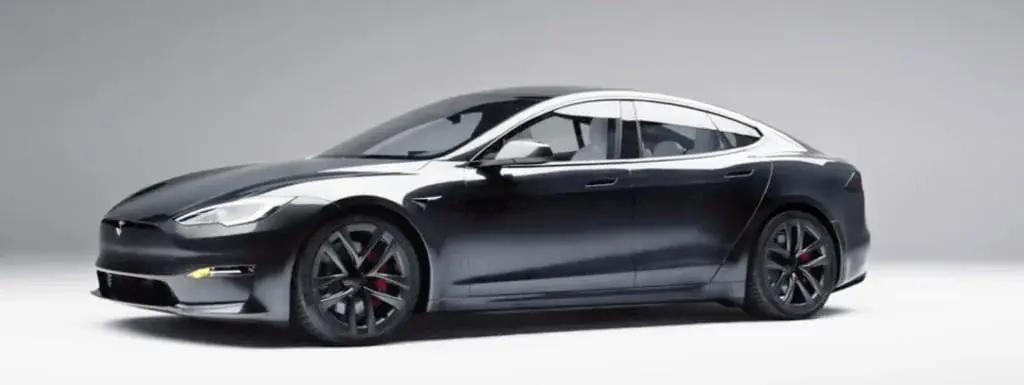Key Takeaways
1. Introduction of Tariffs: President Trump imposed a 25% tariff on new car imports and auto parts in April and May 2025 to boost US auto manufacturing.
2. Significant Decline in Vehicle Imports: US vehicle imports dropped by 72.3% in May 2025 compared to May 2024, impacting the overall auto market.
3. Impact on Used Car Prices: Increased demand for used cars, driven by higher new car prices and reduced imports, has led to a 4% rise in used car prices in 2025.
4. Uncertainty in the Market: Many manufacturers may be delaying new car imports, hoping for changes in tariff policies, contributing to market unpredictability.
5. Future Implications: The long-term effects of tariffs and potential changes to EV mandates could significantly alter the US car market and consumer behavior.
In April, President Donald Trump implemented a 25% tariff on new car imports to rapidly revive auto manufacturing in the US. On May 3rd, another 25% tariff was placed on auto parts imports. These tariffs have significantly impacted US auto imports.
Decline in Vehicle Imports
As reported by Automotive News (via InsideEVs), US importers brought in 72.3% fewer vehicles in May 2025 compared to May 2024. This drastic drop could have severe consequences in a market where a majority of buyers prefer used vehicles.
Effects on Used Car Prices
While the tariffs from President Trump do not directly influence used cars, the overall auto market’s changes do affect used car prices, including electric vehicles (EVs). An increase in new car prices or a reduction in new car imports can push buyers towards the used car market. This heightened demand tends to drive prices higher.
Rising Costs of Used Cars
Data from Cox Automotive shows that used car prices in the US are currently 4% higher than in 2024. This increase could worsen due to the significant 72% drop in imports.
InsideEVs speculates that such a substantial decline in auto imports may indicate that manufacturers are delaying new car imports into the US, hoping for relief from tariffs soon. President Trump has been unpredictable regarding these import tariffs, creating a lot of uncertainty.
Future Market Implications
It remains unclear how the car market and consumer habits will change as the effects of the tariffs become more apparent. If the auto import tariffs persist and the current US administration decides to scrap the EV mandate—suggested by the recent dispute between Elon Musk and President Trump—the US car market could face a major upheaval.
Source:
Link


